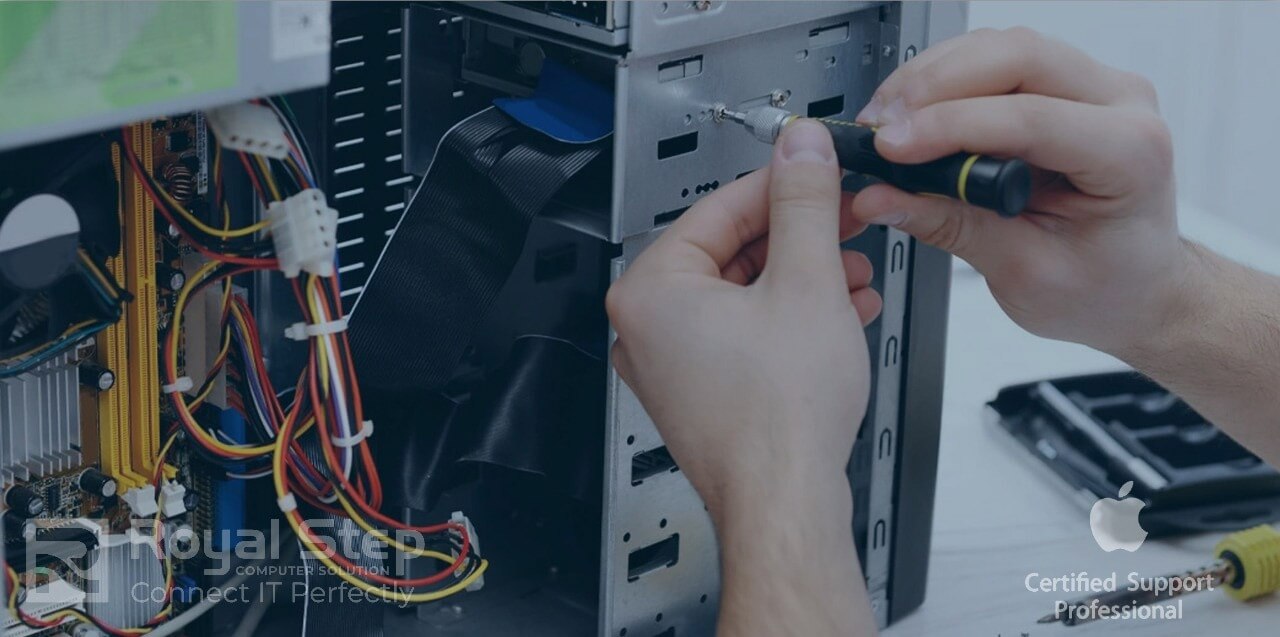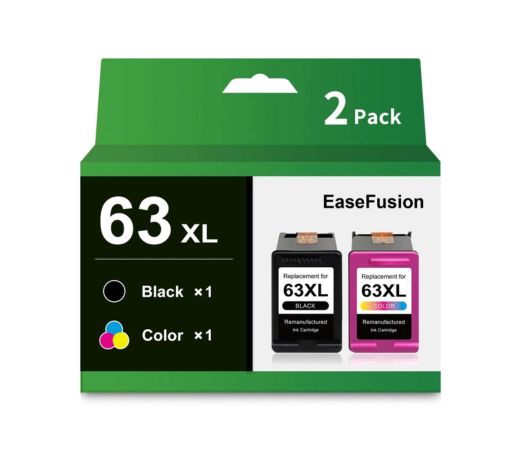In today’s increasingly digital world, conducting a self-background check has become an essential step for maintaining your professional and personal reputation. Whether you are preparing for a job application, applying for a loan, or just curious about what information is available online, doing your background check can help you stay informed and avoid any potential surprises. If you want to get any type of guidance related to how to run a self-background check, then GLOBAL BACKGROUND SCREENING is the best option for you. They make it easier to access Global Background Checks, providing comprehensive reports that include criminal, credit, and employment histories from multiple countries. With such tools, you can ensure you are aware of how you are perceived across the globe. This guide will walk you through the steps you need to take to background check yourself effectively.
Why Should You Run a Self-Background Check?
A Self Background Check allows you to look at what capability employers, landlords, or financial establishments might also locate when they look at your history. It is essential to ensure that the information available about you is accurate and free of errors. Now and then background reports may include inaccuracies or old records, which could jeopardize one’s employment, accommodation, or credit rating. When you perform the check yourself, you are in a good position to rectify wrong information, which may harm your reputation.
Gather Personal Information:
To get started, you will be required to gather several pieces of personal information. This is your name in full, together with your date of birth, Social Security number, current residential and physical address, any previous addresses in the last two years, and any other personal identifiers that one might provide as and when needed. Having this information readily available, will help while comparing other records when you are reviewing them. You may also wish to take note of any official documentation that proves your identity, such as a driver’s license or passport, to have correct information to input into your self-background check.
Check Your Credit Report:
A credit record is one of the most essential elements of a background check. False or negative information on file can reduce your chances of getting a job, a home, a car, insurance, or a credit card. Start by obtaining a free credit report from any of the three major credit bureaus: Either Experian, TransUnion, or Equifax will review your report. First, however, go through the entire credit report, and in case of any debts, errors, or even signs of fraudulent activity, help should be sought.
Search Public Records:
There are a lot of records available to the public; they include criminal records, marriage records, and divorce records. Most of these documents are available at the government or social networking sites; otherwise, you may get the document from the nearby courthouse. When it comes to matters that are noble but end up on the wrong side of legal matters, it is good to check whether the information displayed is still relevant or not. This must be so since any outdated or inaccurate information would jeopardize future opportunities in case one is required to conduct the global background check.
Review Your Social Media Presence:
As the world goes digital, employers and others will commonly use social media as a tool to find out more about an individual. Any self-background check is incomplete without a review of your social media accounts. Browse profiles to make sure that there is nothing in your account that can create a negative influence on how you are viewed by others. If need be, change settings’ privacy or delete posts that may cause an uproar. It is always important to remember that once something appears in cyberspace, virtually nothing can be done to completely remove this information there, as it can remain available in some form forever.
Conduct a Google Search:
Just a search of your name on Google will give you an overview of the kind of image you portray. For this reason, move to the second page of the search to understand what data is linked to your name. Make sure there are no negative comments where you are mentioned, old news, or photos that people will link to you. You, as the user who has first-hand access to the Internet, may find some data misleading or outright dangerous to your health, and you may request its removal from the corresponding site. Continual scrutiny of one’s online profile is vital when performing global background checks so that one can keep a watchful eye on the news about relevant issues in his or her organization.
Fix any errors you find:
It is critical to correct any errors you find during your self-background check right away. Take action to rectify any errors that may be included in your credit report, public records, or internet data. Make contact with the appropriate authorities or service providers, and be ready to back up your accusations with proof. Making corrections will increase the likelihood that you will pass subsequent background checks with flying colors.
In the end:
Self-background checks are a useful tool for preserving your reputation personally and professionally. You can ensure that the information that others find about you online, in public records, on social media, and in your credit report accurately represents who you are now. Take the time to address any errors you uncover, and stay proactive about managing your public image, especially when using global background checks.















